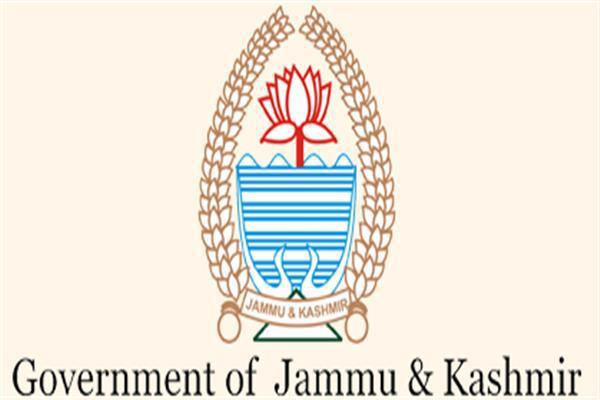SRINAGAR: The most striking benchmark of public service and governance for any Administration is the timely completion of projects. It not just minimizes the cost for the public exchequer but also strengthens the faith of citizens in the administration.
In J&K, after its transition into a Union Territory, an unprecedented improvement in the pace of development is being witnessed which led to greater transformation here.
The implementation of several path breaking central legislations after revocation of Art. 370, like Scheduled Tribes and Other Traditional Forest Dwellers (Recognition of Forests Rights) Act, 2007, The Scheduled Caste and the Scheduled Tribes (Prevention of Atrocities) Act, 1954, among others, is poised to herald a new era of progress and development in J&K.
Project Completion: Speed and Social Responsibility
With steep reduction in construction cost and fast tracking of work execution, project completion has been enhanced by almost three times in J&K. No wonder that the number of developmental projects being completed has leapfrogged from 9229 in 2018-19 to approximately 40,000 expected to be completed in 2021-22. Under PMGSY, J&K has ranked at fourth place at national level in terms of road length with 2353 PMGSY projects covering 16,448 km, connecting 2033 habitations completed since inception.
Till 15th of March 2022, 2480 PMGSY roads have been constructed resulting in blacktopping of 6625 km. The highest daily macadamisation, a stark shift from an average of 6.27 km/day during 2019-20 to an average of 21.92 km/day is being achieved during current financial year, bears testimony to the speed, efficiency and quality of project completion in J&K.
Government has started several tunnel projects like Z-Morh Tunnel which is an under-construction tunnel, 20 km away from the Zojila Pass, on Srinagar-Kargil-Leh highway. The 6.5 km long tunnel will connect Gagangir directly to Sonamarg in Kashmir. Zojila Tunnel is another under-construction tunnel located to the north-east of Srinagar, on the Srinagar- Leh section of the NH 1 with a 14.2 km road tunnel between Baltal and Minamarg.
4 tunnels on Akhnoor – Poonch section of NH 144A will also be constructed. 10.30km Singhpora-Vailoo tunnel under Sinthan Pass on NH-244 has been approved and shall be completed at the earliest.
Smart Cities Mission: J&K’s shift from Aspirational to Achiever
The capital cities of Jammu and Srinagar have been brought under the ambit of Smart Cities Mission with around 276 approved projects. Procurement and operationalization of approx. 200 e-Buses, creation of 2 Unified Metropolitan Transport Authorities (UMTAs), Light Metro Rail Transit System for Jammu and Srinagar, and several other projects are set to transform the quality of life and convenience for citizens in these cities. Smart Cities Mission along with AMRUT will transform the urban landscape of J&K. These centres of growth shall prove to be the true growth foci and induce the forward and backward linkages for multifaceted progress of the UT of J&K.
Rail Connectivity to Kashmir:
Udhampur-Srinagar-Baramulla Rail Link (USBRL) Project, set to be completed by 2023, will link Kashmir with the rail network of the country. The ongoing progress on the Chenab railway bridge, set to be the highest in the world, Anji-Khad bridge, the first cable stayed railway bridge in India, among several landmark tunnels and bridges being built under USBRL is a fitting tribute to the development journey that J&K has embarked upon. It will not be an exaggeration to state that the fusion of Emotional and Physical integration of Kashmir with the rest of the country is a watershed moment in the history of our UT and the nation.
Power Generation: Powering the dreams of 1.25 Cr residents of J&K
In the last 70 years, J&K had been able to harness only 3500 MW of power generation. Now the generation capacity is set to be doubled in 3 years and tripled in 7 years. Combined with the huge leap in power transmission capacity, with 150% leap between 2019 to 2021, and reforms in power distribution, the goal of ‘a light to every home’ is not a distant dream anymore.
This paradigm shift in the growth trajectory of J&K is a result of several governance and institutional reforms coupled with historic devolution of powers to local bodies. Reinforcing the trust of masses in the capacity and efficiency of government institutions forms the cornerstone of J&k’s growth story. Citizen Centric Governance and Accountability, discernible from these transformative changes, is an apt tribute to the epithet ‘Badalta Jammu Kashmir’.


